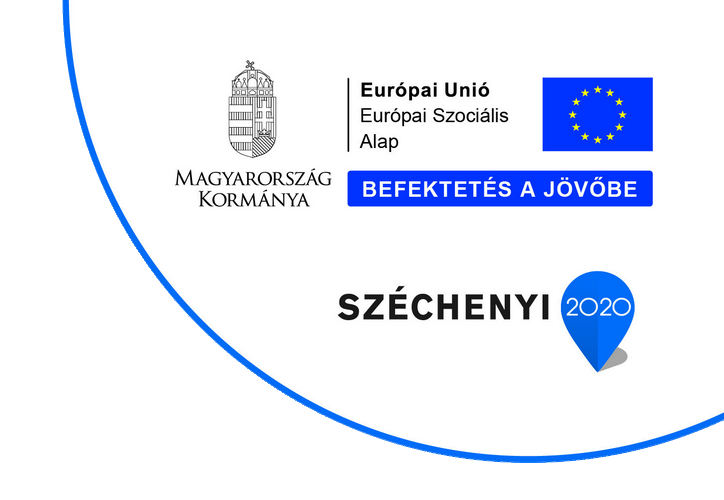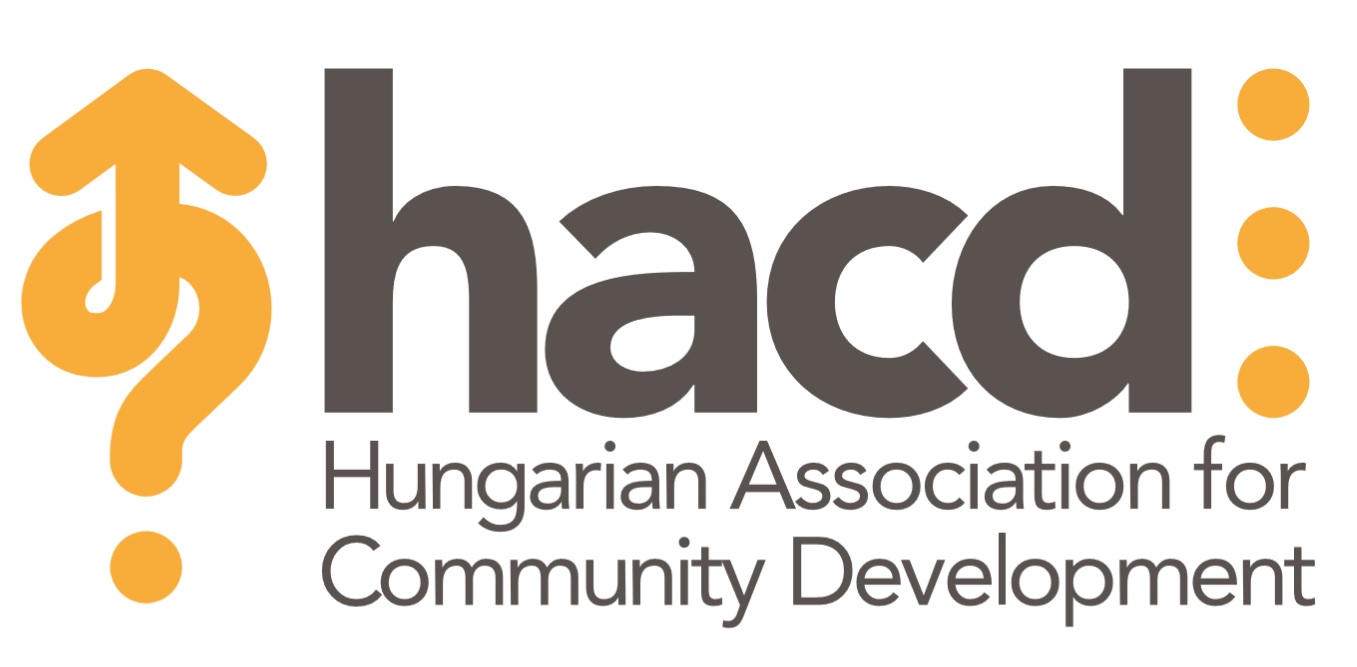Roof over coexistence
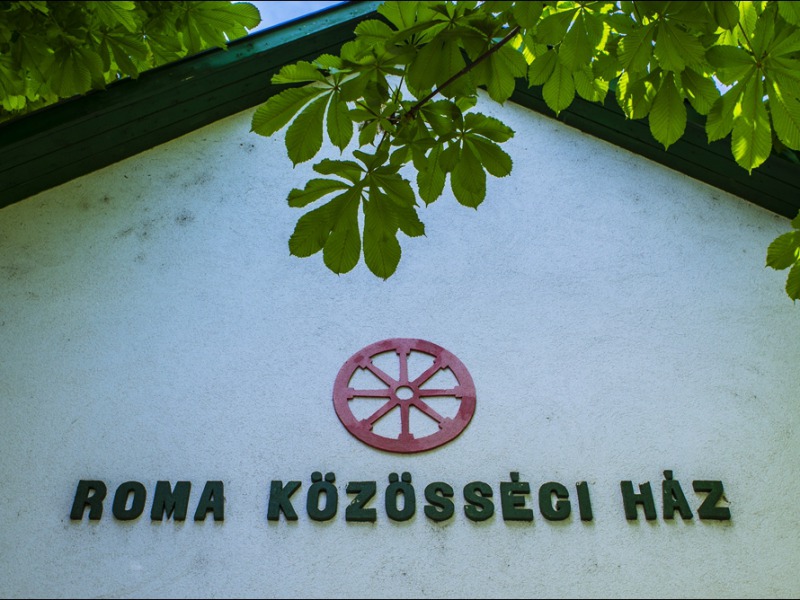
We had a program called ‘Roof over coexistence’ where we facilitated leaders of roma community centers for community-based way of working.
Local Acting Program and Network for Communities

(1999-2008)
Financed by Mott Foundation, we managed a small-grants program to support formal or informal groups for many years. Based on the experiences of this Mott program, HACD established a professional network financed by the government. The main goal of it was building a network for supporting community initiatives through grants and knowledge in all our counties.
Community-based services

In the recent years, supported by Norwegian Grant and then a gov-run program we worked with villages helped them to transform their classical institution to community-based form in order to mobilize local resources.
Fighting extreme poverty
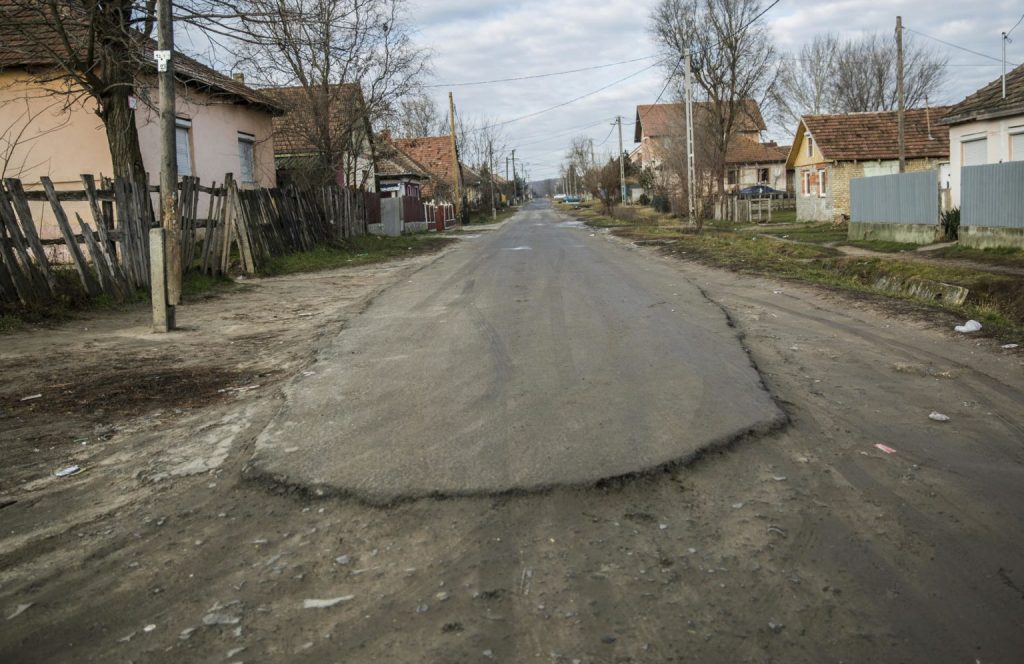
With the help of EU soft grants, we organized a professional partnership focusing on practical application of community mobilization to fight extreme poverty.
NGO sector development
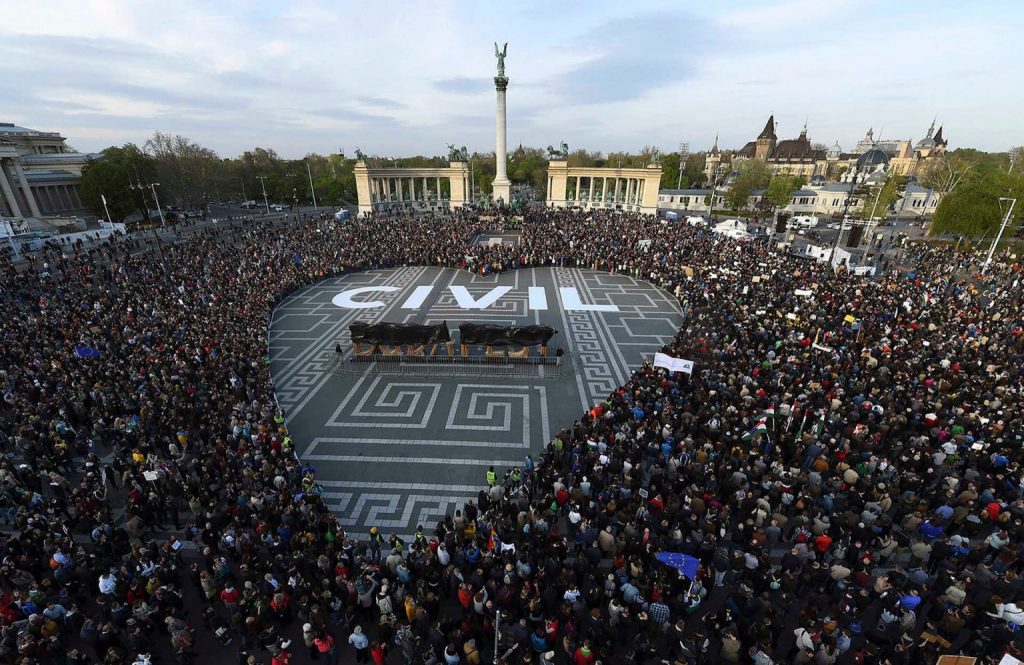
Besides various program, after the regime changed HACD participated in developing Hungarian civil sector, thus we spread the idea of community radio; publishing journal for community workers; fostering establishment of some county-wide organizations etc. And last but not least we have joint some national campaign which stands for the dignity, rights and freedom of Hungarian civil organizations.
Local-based community development
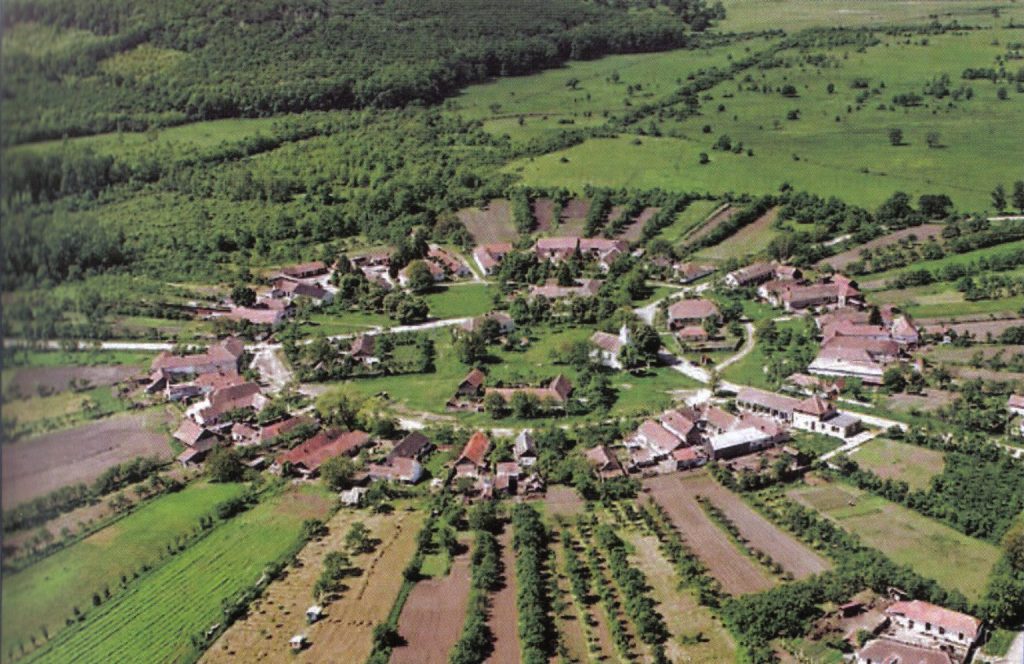
The focus of community development professional activities is on communities within the local community, or parts of it. We organize, train and support people who live close to each other and have the potential to act together with others. Furthermore, community development can potentially be part of the intellectual infrastructure of local job creation in Hungary and the Central-Eastern European region.
In order for disadvantaged people to succeed with their ideas, they need coordinated help. An essential element of this assistance is provided through community development.
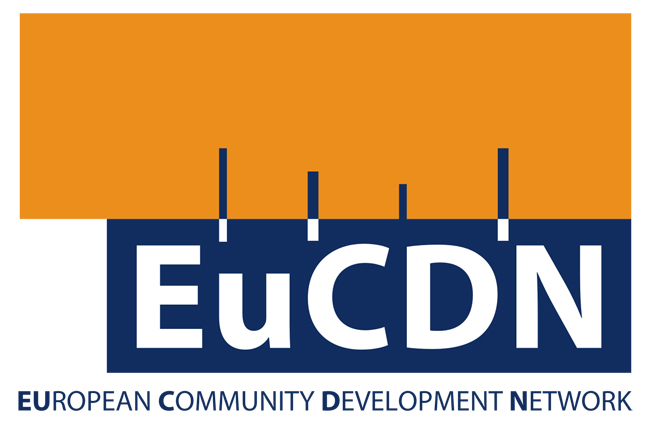
(1992-Â )
We started meeting foreign professionals in 1990, which had a tremendous impact on us. To the west, through the EuCDN network, then known as the Combined European Bureau for Social Development (CEBSD), we were already down to the – perhaps never-ending – task of working to finalize common values ​​and international community development standards. From 2009 onwards, support for community development in most Western countries has been transformed and state subsidies have been reduced. The transformation also resulted in a change of name, seat and structure, and the organization expanded the range of collaborators with Central and Eastern European (Polish, Czech, Romanian, Bulgarian) members. In 2018, the network celebrated its 25th birthday and presented network members’ community development practices through 17 concrete examples included in a jubilee volume. In April 2019, EuCDN held its board meeting in Budapest again. As part of the meeting’s professional program, HACD and EuCDN organized a workshop at ELTE University’s Faculty of Social Sciences, where they mainly sought answers to (a) what the most important roots of European populism are, (b) what impact populism has on our local communities and civil society, and (c) what community development can do in the current situation.
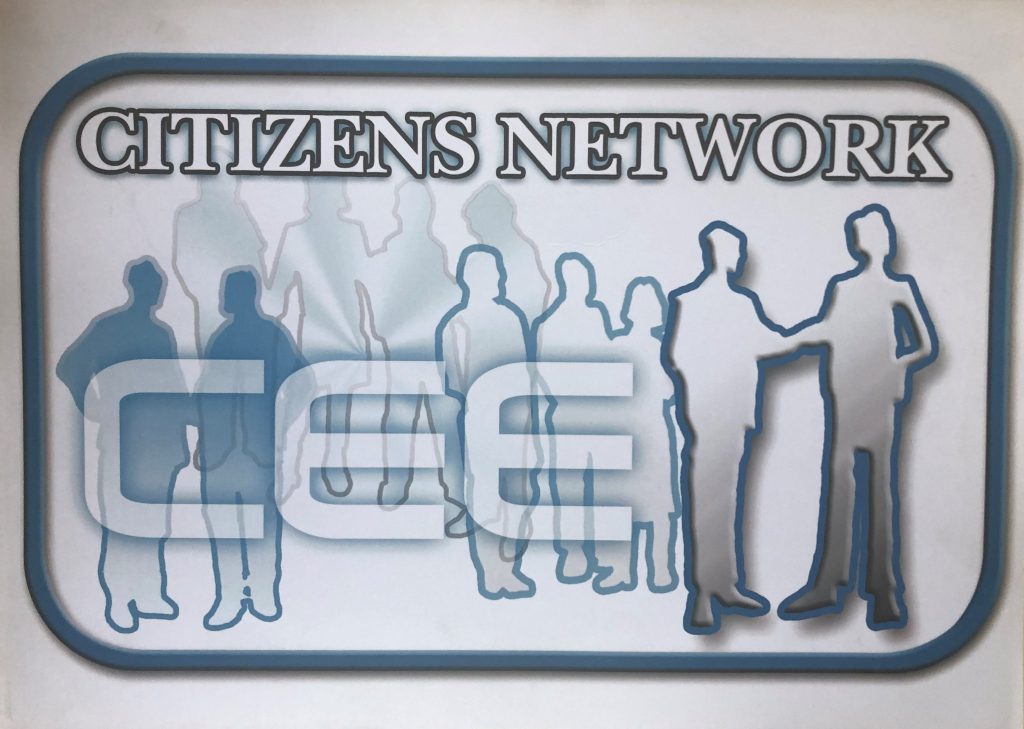
(2000-Â )
Our most important goal was the emergence of new cooperation structures along our expanding range of contacts in Central-Eastern Europe, in addition to the Western European ones. With the East-East Programs, we started to unite these threads ourselves, but for the longer run – perhaps luckily – we had a different role. In the early 2000s, the Central and Eastern European Citizens Network (CEE CN) was born, and later formalized, though not exclusively with the goal to link community development initiatives. In 2013, the Citizens Network was facing serious difficulties. After emerging processes and years rich in work and resources, the two most reliable and significant sources of funding suddenly and unexpectedly drained out, at least in part.
Connecting East and West

(2005-Â )
As the only organization developing in both directions, the HACD has played a key role in connecting and coordinating the work of the EuCDN and CEE CN networks from the outset. The aim of the breakthrough European Dialogue Program (2005) was to formally connect the two networks and plan further cooperation. At the ceremonial main event of the program, experts from the two networks, representing 17 countries and 23 organizations met on the Európa ship in Budapest. Between 2009 and 2014, it proved to be quite difficult to help coordinate the two networks. Still, in these years, the formal results of our cooperation initiatives have matured, now involving the evolving and independent ECON network in the dialogue. Subsequently, we worked closely on the details of the common platform in Örebro, Sweden, and it was here that the European Platform for Active Citizens (EPAC) was born.
The impact of HACD on Europe
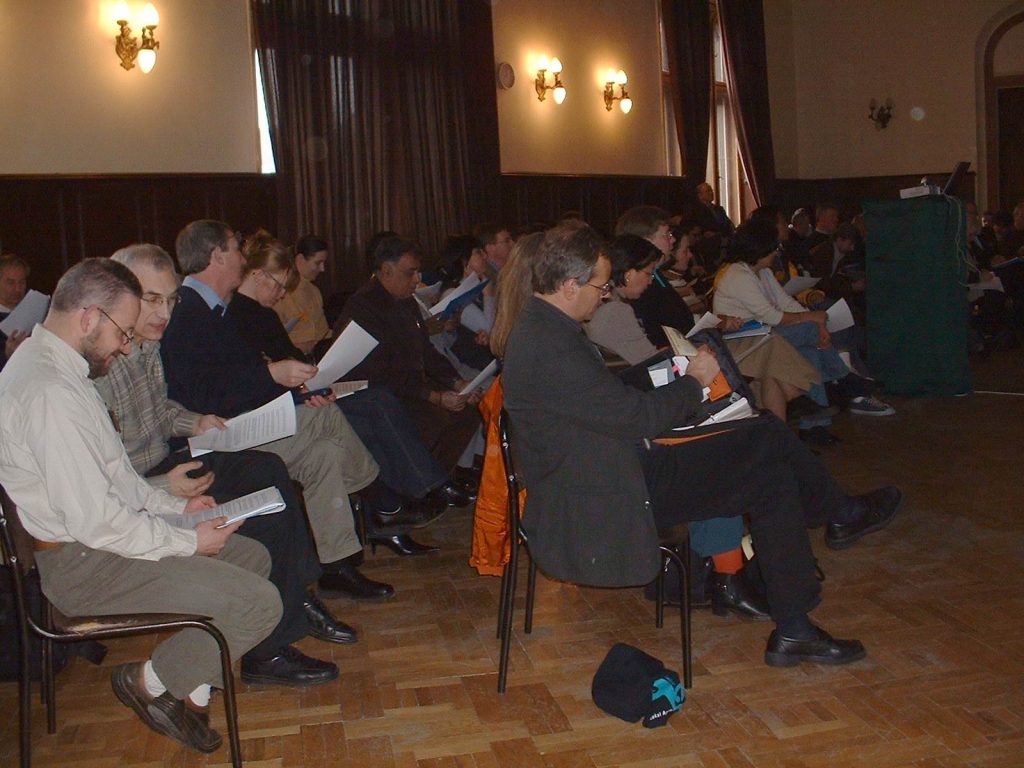
In addition to its liaison (organizational) role, it is important to highlight the organization has achieved at the European level by: we have achieved a similarly significant impact by putting, from the very beginning, the development of civil society in the focus of domestic activities, and for a long time it indeed seemed that time was on our side. In my work just cited I have already described how ‘civil society… is capable of combining all the “traditional†forms of professional intervention that community development has developed in the area of overcoming disadvantage, including the excluded, multicultural coexistence, the integration of minorities, etc. abroad and, to a lesser extent, at home. These were the exact recognitions that have reinforced European community development professionals in that they have to be even more active in the context of civil society. These ideas were synthetized in a more comprehensive manner – and the areas of community development intervention in the context of civil society defined – between March 25-28, 2004, at the international conference Building Civil Society in Europe through Community Development organized by the Combined European Bureau for Social Development (CEBSD), the Hungarian Association for Community Development (HACD) and the International Association for Community Development (IACD). Apart from defining what community development is (Preamble), the joint declaration issued at the conference (Budapest Declaration, 2004) identified 9 main areas of activity for community development.
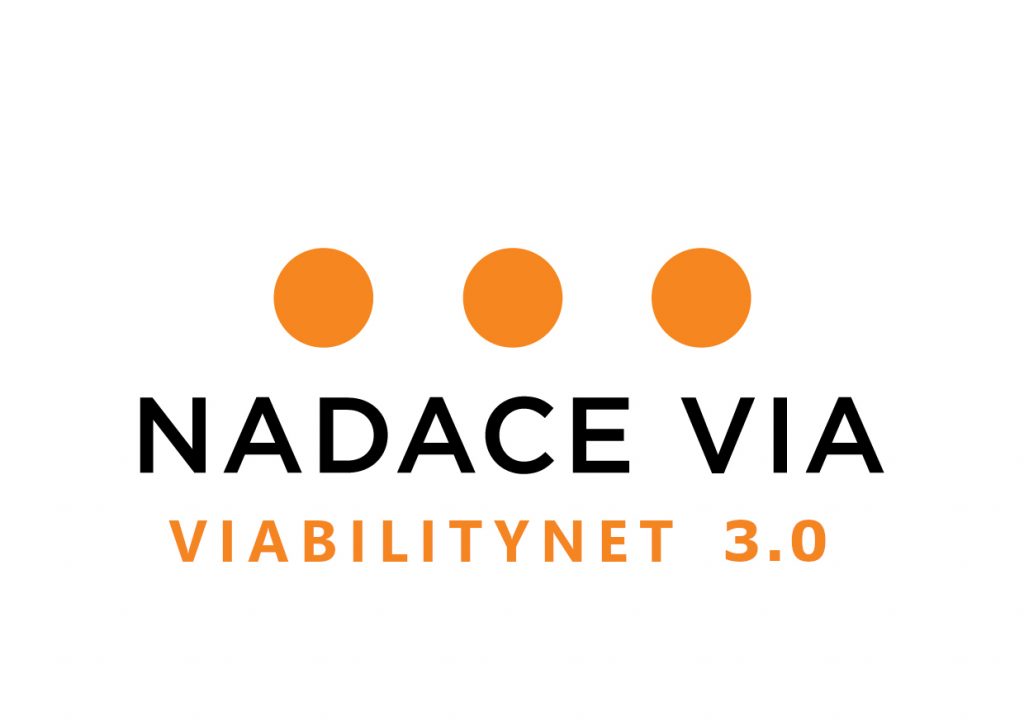
(2018-2019)
The international visibility, networking and initiating power of the association gained another momentum in 2018. One of the defining directions and frameworks for this was our involvement in Viabilitynet 3.0, initiated by the Czech Republic-based community foundation, the Via Foundation. The network brought together community development organizations on the Central and Eastern European axis, mainly working with a national and regional perspective. Behind all this was the idea that working on a regional basis poses similar challenges, thus setting the scene for genuine mutual learning and the opportunity for joint action. Through 2 years of working together and other opportunities to connect, the common points that can fuel further collaborations have also been flashed in addition to gaining a better understanding of the given context and organization. The realization of these points could be the task for the coming period.
World Community Development Conference
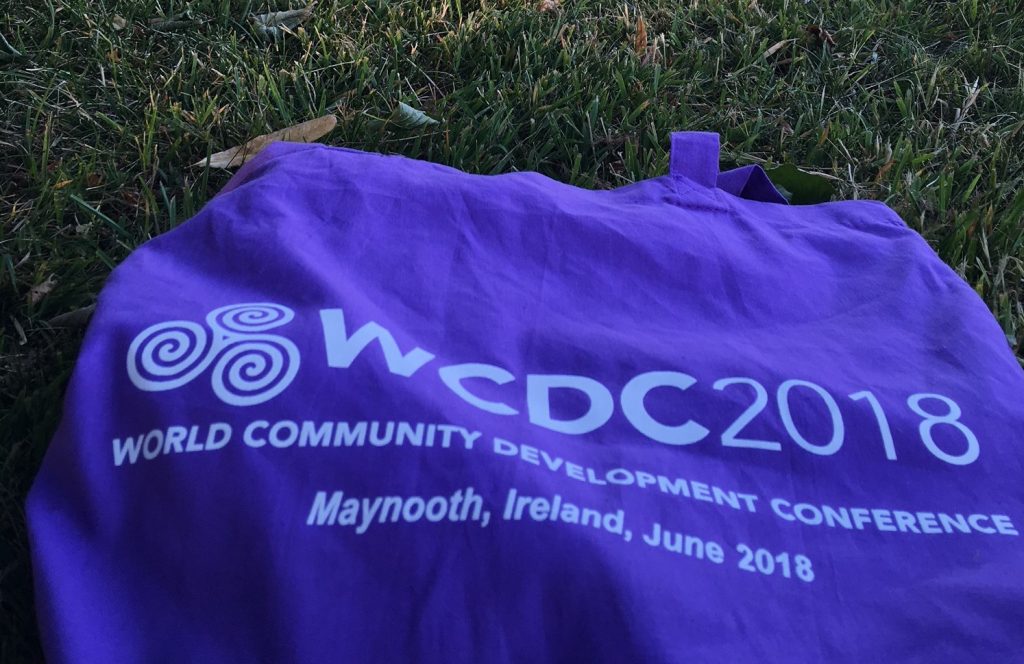
(2018)
Held in 2018, the World Community Development Conference was attended by the HACD as the only participant from Hungary and the entire Central and Eastern European region. The large-scale event was hosted by the Faculty of Social Sciences at the University of Maynooth in Ireland, and co-organized with the International Association for Community Development (IACD) and Community Work Ireland. Attended by nearly 400 participants and speakers from 40 different countries, the event provided a great opportunity to share – in plenary and small group discussions – participants’ views on the context and challenges they were familiar with. Among the most important social issues covered by the conference were poverty, gender equality, environmental protection and sustainable development, civil and political rights, migration, and the situation of minorities.
In the Service of Communities – In Small Local Communities
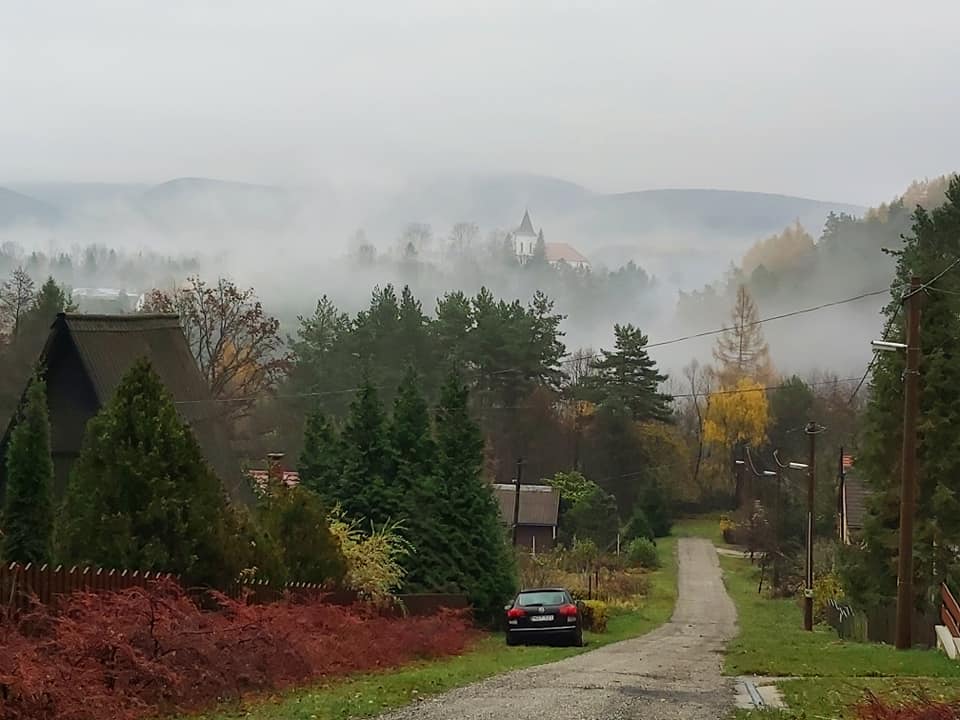
(2018-2020)
Our response – which was also the objective of this two-year process – was to support community-based services, that is, to facilitate and encourage cross-sectoral dialogue and cooperation, and to make the operation of each sector community-based, helping them become embedded in the local community. In order to achieve the above goal, in the course of the project we primarily worked with local professionals working in the fields of health care, the social sphere and public education, as well as active regional actors and decision-makers. In order to be able to support the establishment of community-based services, we had to assess the current situation of services and the conditions and obstacles of community-based operation. We also had to look for good practices and opportunities that can be adapted to local needs. The international nature of the project was a valuable professional resource while implementing all this. Thanks to it, we were able to find additional partners through the active involvement of four foreign organizations. Bürgerstiftung Barnim Uckermark (a regional community foundation in East Germany), SOCIA – Social Reform Foundation (a Slovakian organization working for the social inclusion of people with disabilities), Ring Österreichischer Bildungswerke (an Austrian national umbrella for general adult education and culture in Austria) and the Regional Community Development Association in Romania have very different profiles, but all of them have some very exciting theoretical and practical knowledge in the area of community-based operation and services. During the two years of working together, we got to know the good practices they shared, and the meetings, workshops and joint regional study trips offered opportunities for learning, broadening perspectives, and acquiring an inspiring “bird’s eye view†both on our side and that of local stakeholders.
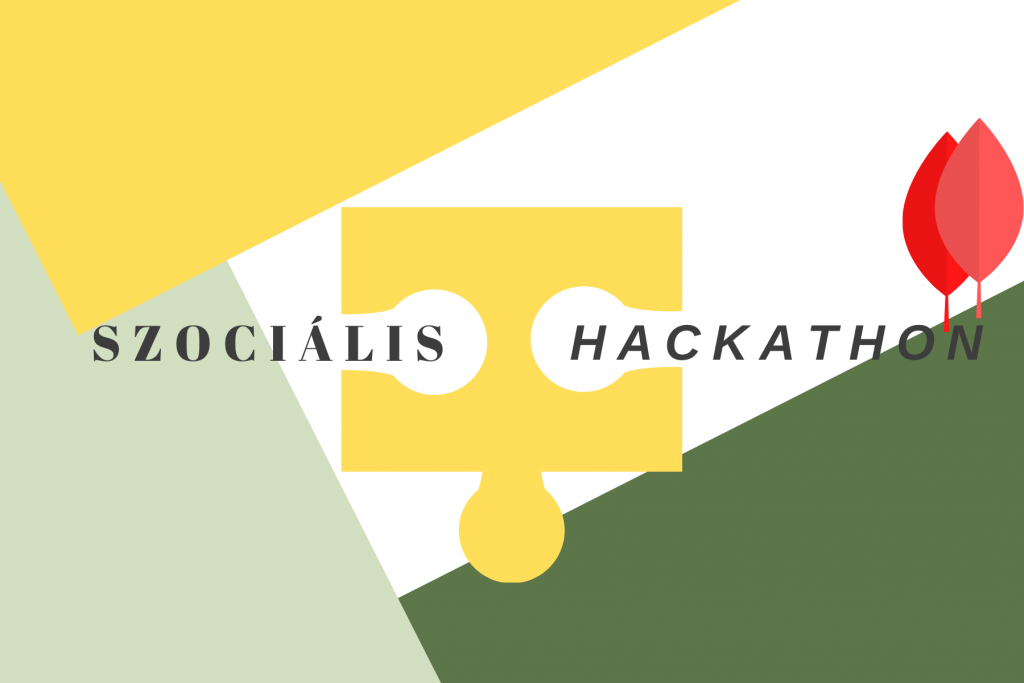
(2019-2021)
The overarching goal of our ERASMUS+ project is to foster the methodological development of the process of community development by means of elaborating an innovative curriculum based on the adaptation of the social hackathon method, and, thereby, to support the most disadvantaged areas in their efforts to bridge the gap dividing them from their more fortunate counterparts. In the course of the project, we would like get first-hand experience of an innovative Estonian rural development practice, which we would then implement in the methodologies employed in our rural community development work in cooperation with the partner organizations. While the methodology of the social hackathon has become an innovative rural development practice in Estonia, Hungarian and Romanian community development efforts can complement this with a process of embedded development, with the potential of further increasing the efficiency, transferability, and sustainability of the method. The partnership is managed by a consortium consisting of five member organizations. In addition to the “Fogadó†Észak-Abaúj Association for Circle of Community Development Experts, also based in Hungary, it also includes the Human Reform Foundation, located in Székelyudvarhely/ Odorheiu Secuiesc, Transylvania, (being an institution of adult education actively involved in rural development, business development and the social domain), the Homoród-Küküllő Leader Association (with a rural and economic development profile), along with the participation of the Estonian Vorumaa Arenduskeskus (a county-level development organization and one of the developers of the methodology to be adapted).
